11 GPTs for Landscape Architecture Powered by AI for Free of 2026
AI GPTs for Landscape Architecture are advanced artificial intelligence tools, specifically designed to cater to the unique needs of the landscape architecture field. These tools, built on the Generative Pre-trained Transformer (GPT) framework, offer tailored solutions for designing, planning, and managing landscapes and outdoor spaces. They leverage the power of machine learning to understand and generate human-like text based on vast amounts of landscape architecture data, providing insights, design suggestions, and technical support. Their relevance lies in their ability to assist in the creative process, from conceptualization to the execution of landscape projects, making them invaluable for professionals seeking innovative and efficient design solutions.
Top 10 GPTs for Landscape Architecture are: Ai Landscape Design & Architecture,Architec Gen,Architectural 3D Rendering Enabler,P A R,Professional Plan Creator,Stone Plants,中国园林,Architect's Ledger,Blueprint Architect,The Architect
Ai Landscape Design & Architecture
Shaping Nature with Intelligent Design
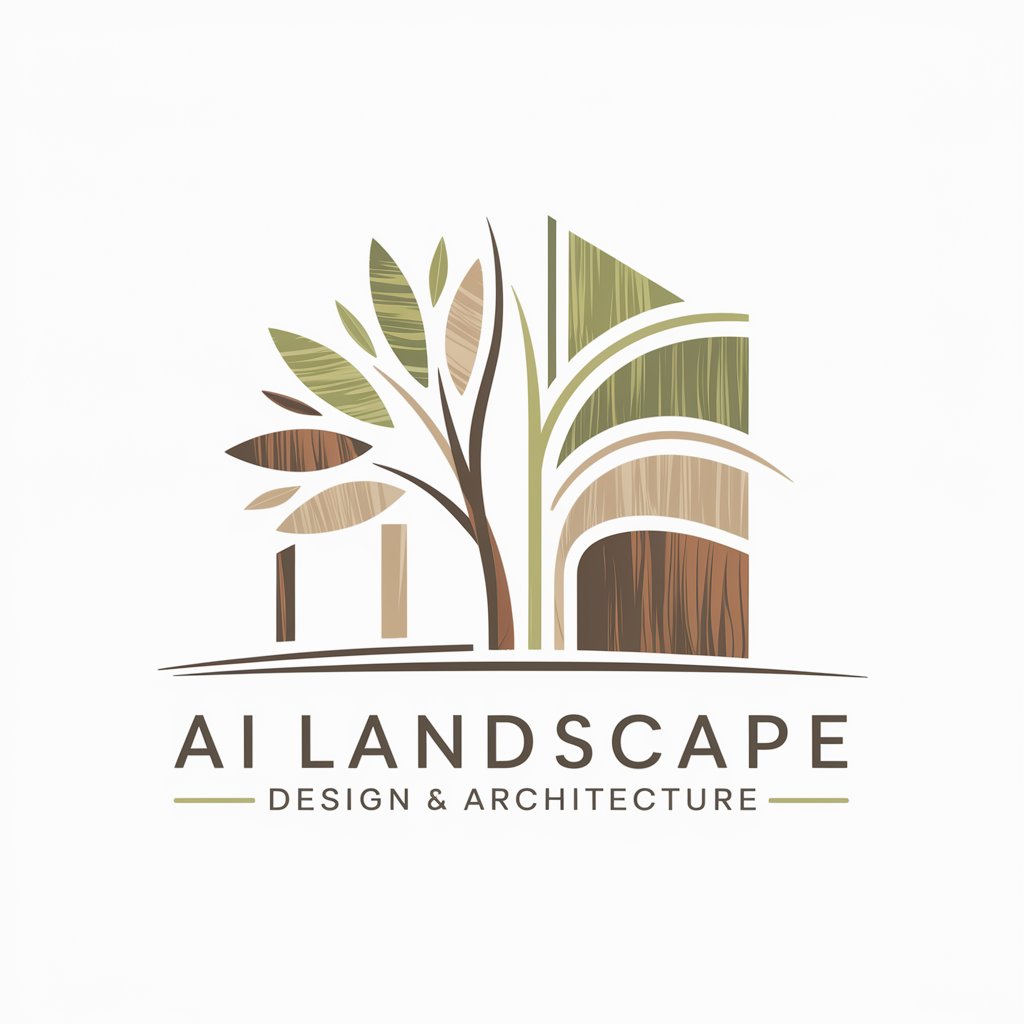
Architec Gen
Designing the future with AI-powered architecture.
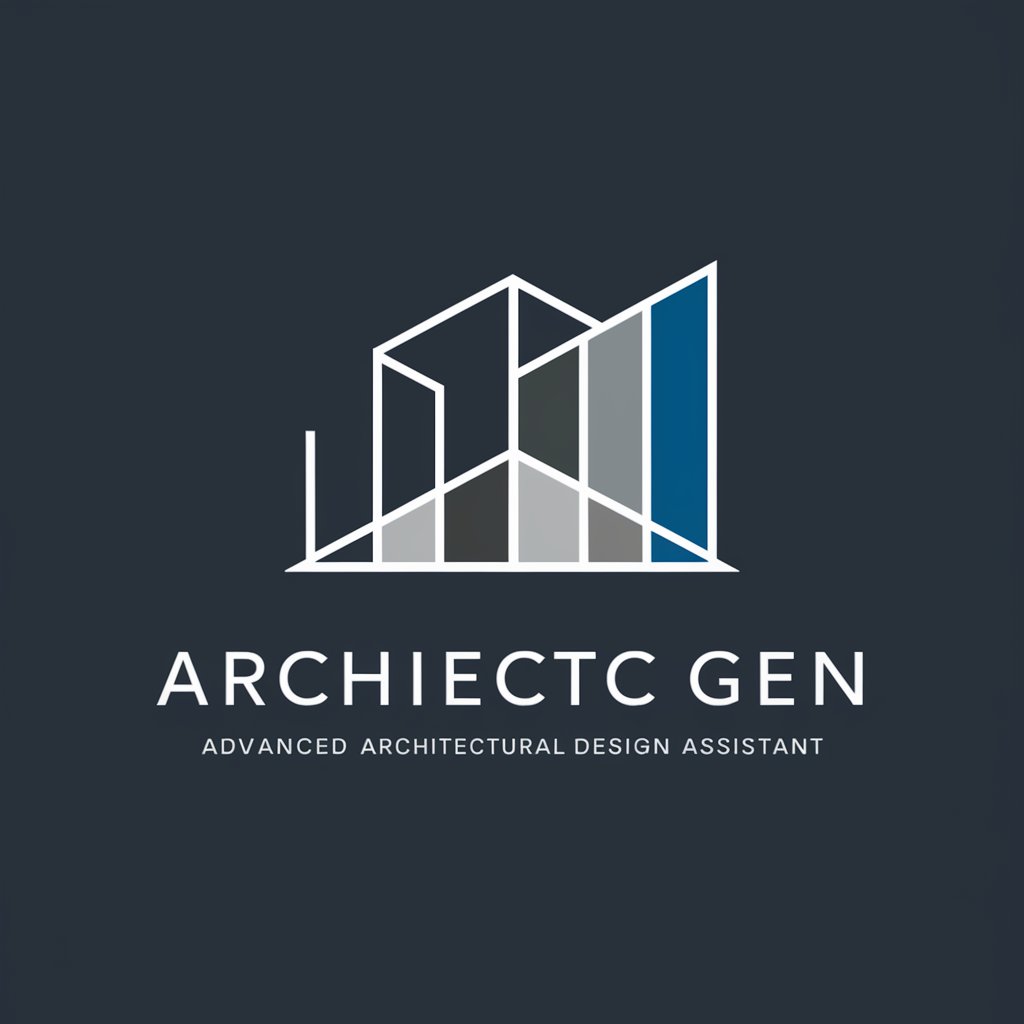
Architectural 3D Rendering Enabler
Bringing Designs to Life with AI
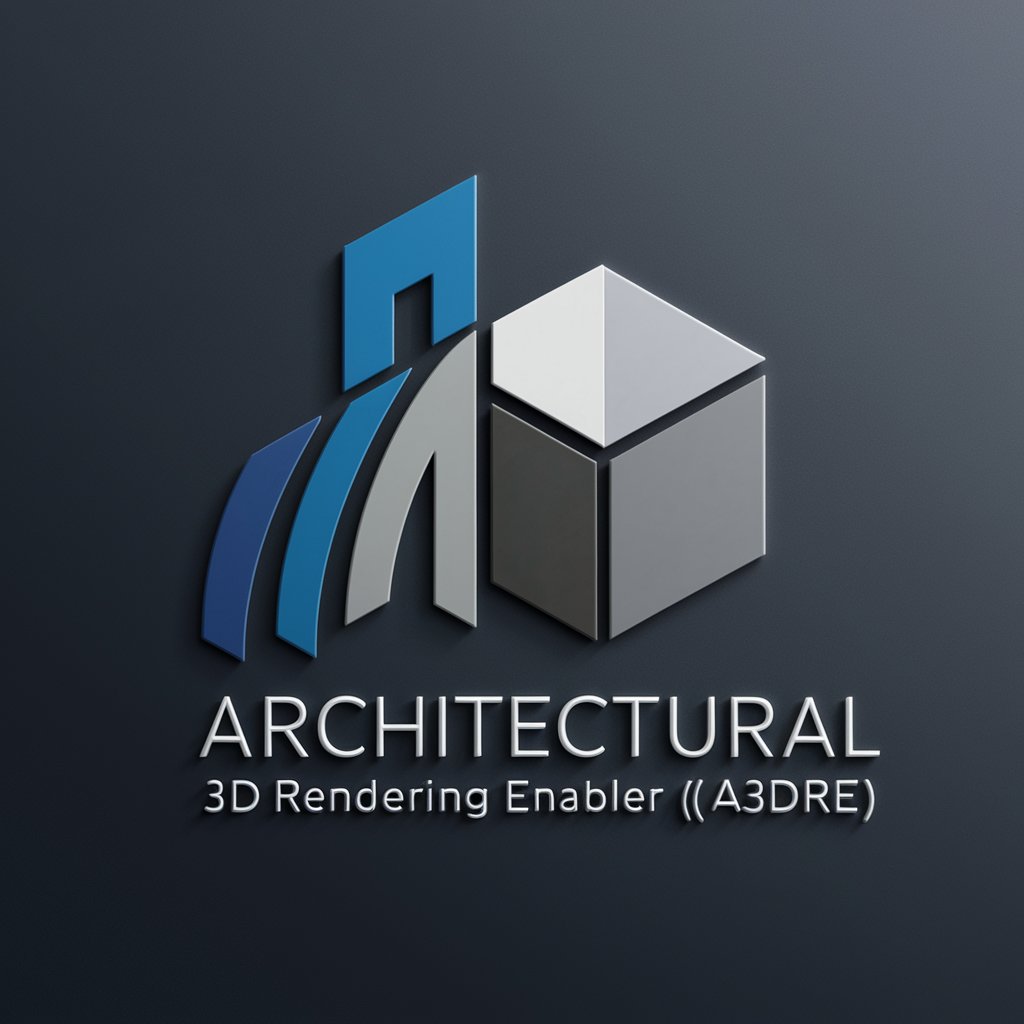
P A R
Revolutionizing Architectural Visualization with AI

Professional Plan Creator
Design precision meets AI efficiency.
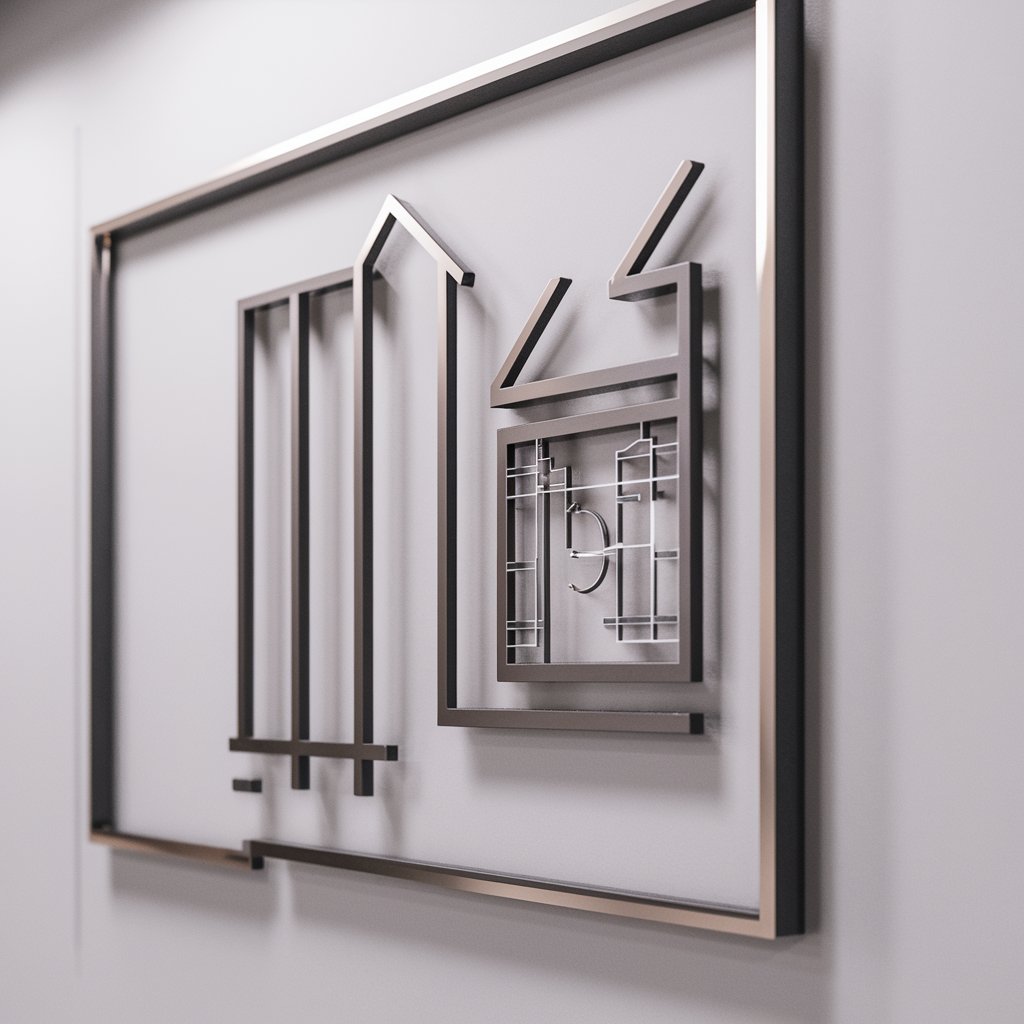
Stone Plants
Bringing Plants to Life in Stone

中国园林
Reviving Chinese Gardens with AI
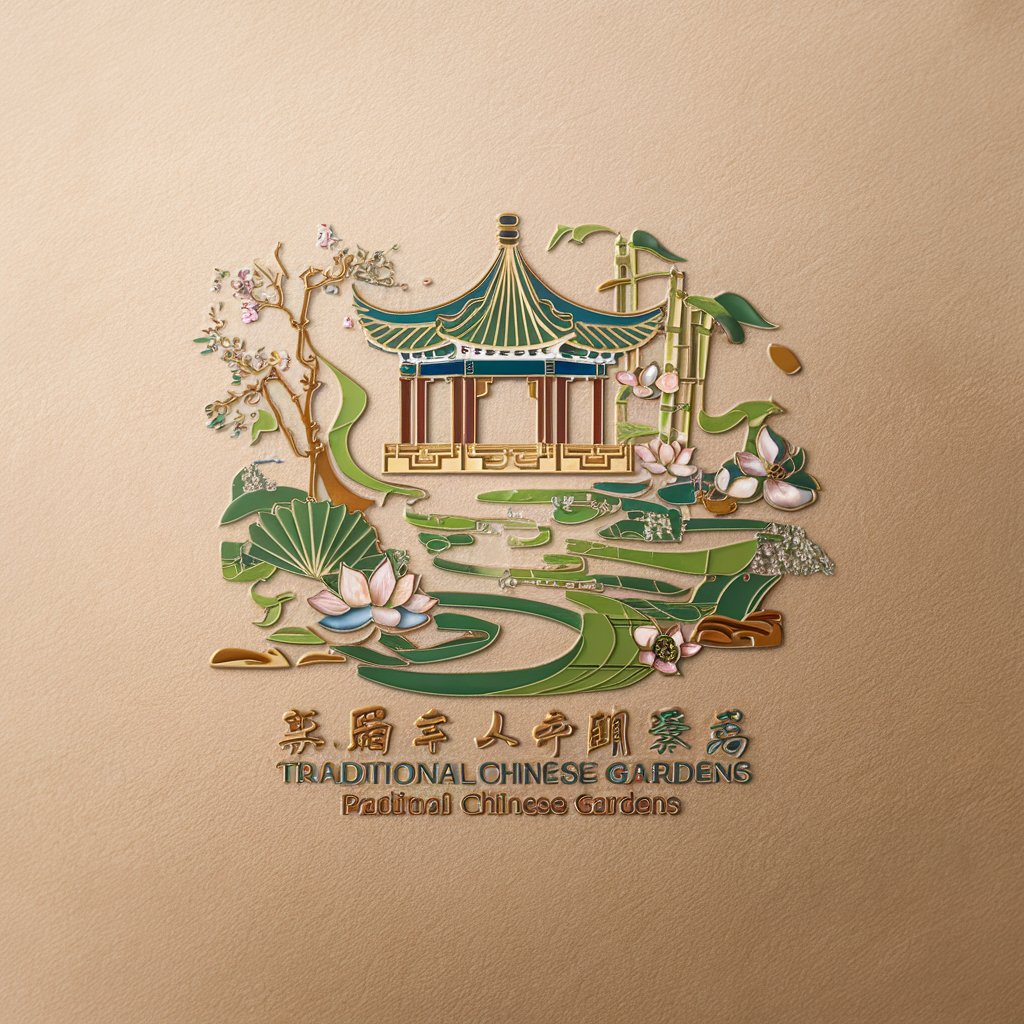
Architect's Ledger
AI-Powered Architectural Budgeting

Blueprint Architect
Designing the Future with AI
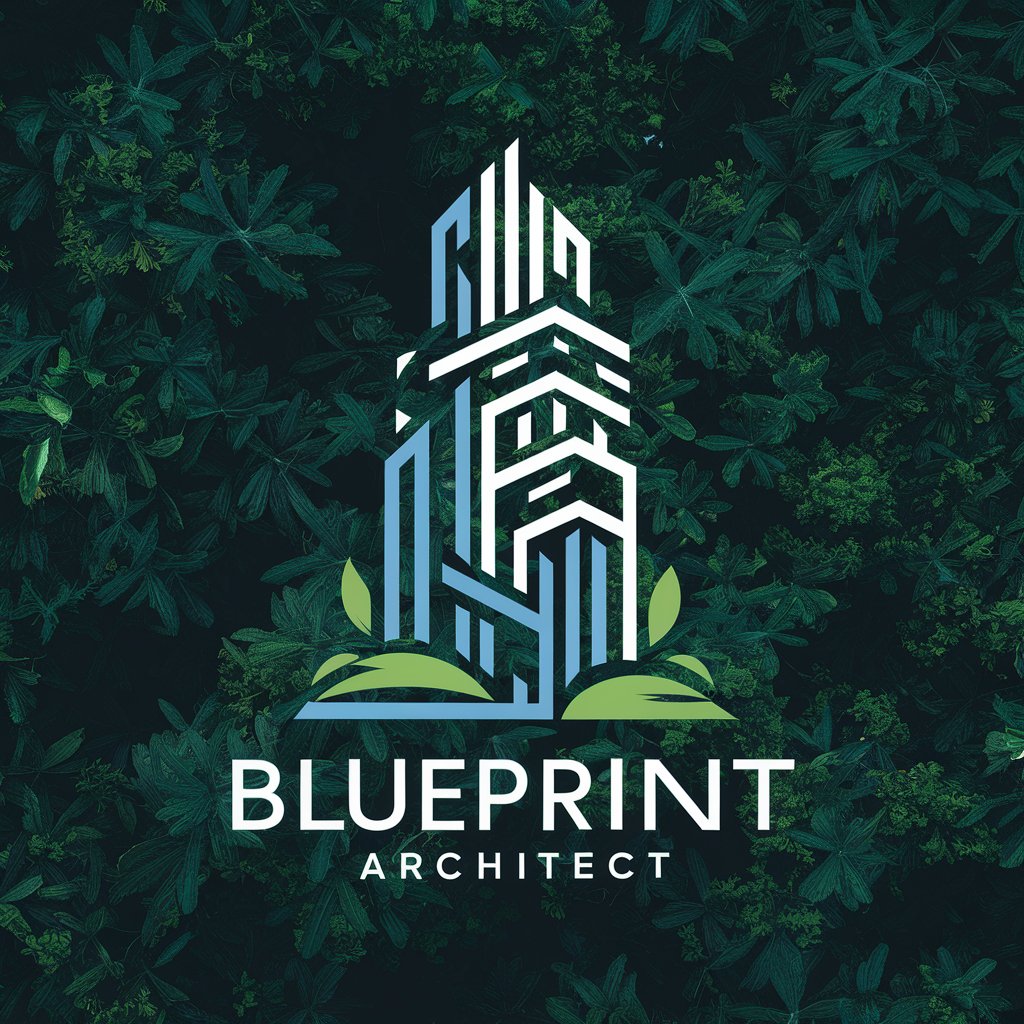
The Architect
Innovate and design with AI-powered architectural insights.
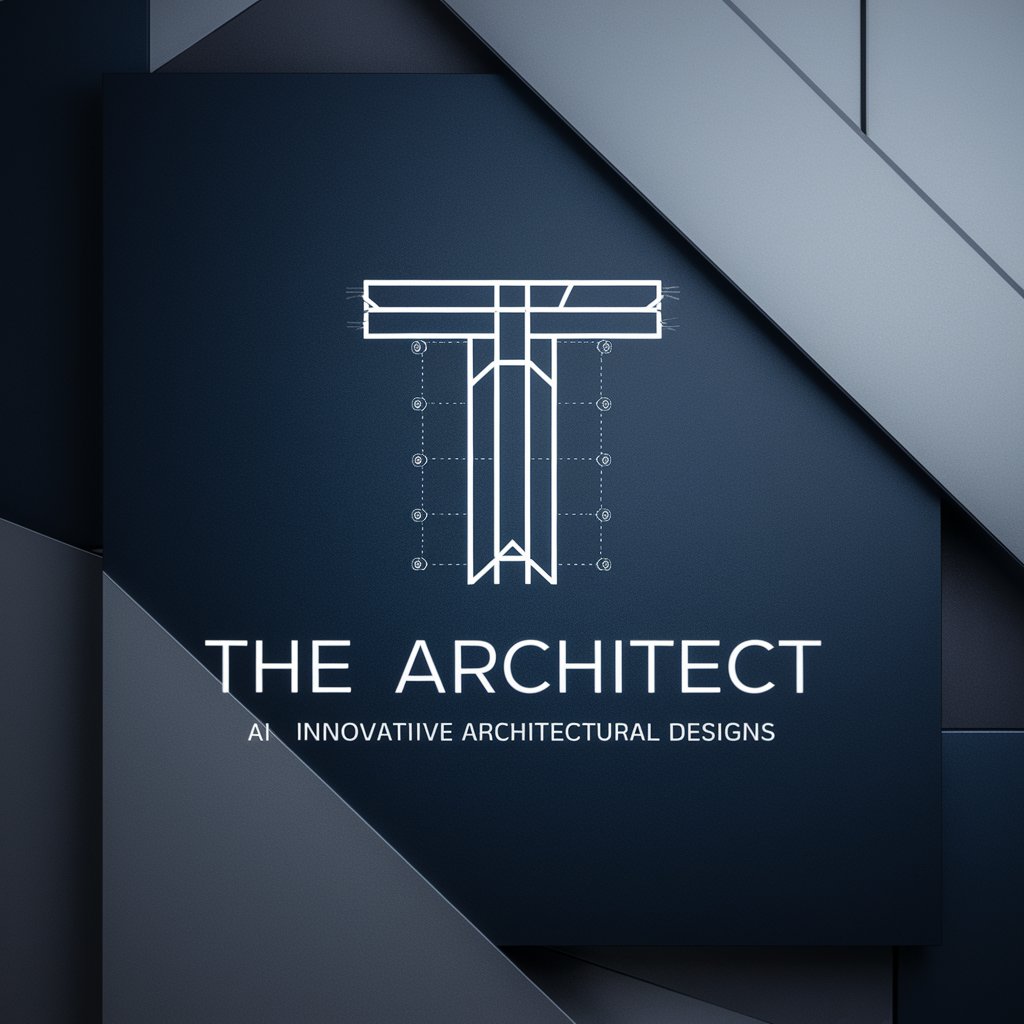
Key Attributes and Functionalities
AI GPTs for Landscape Architecture boast a range of unique characteristics and capabilities, including adaptability to various complexity levels in tasks, from generating design ideas to offering technical advice. Special features include natural language processing for understanding and generating relevant content, image creation for visualizing design concepts, and data analysis for informed decision-making. These tools can simulate countless scenarios, providing valuable insights into sustainable practices and innovative design strategies. Their language learning and web searching capabilities further enrich the design process with up-to-date knowledge and global trends in landscape architecture.
Who Benefits from AI GPTs in Landscape Architecture
The primary beneficiaries of AI GPTs tools for Landscape Architecture include novices looking to learn about landscape design, seasoned professionals seeking innovative design solutions, and developers interested in creating custom tools for the field. These AI tools are accessible to individuals without coding skills, offering intuitive interfaces for direct use, while also providing APIs and customization options for those with programming expertise, allowing for integration into existing workflows or the development of new applications.
Try Our other AI GPTs tools for Free
Digital Sculpture
Explore AI GPTs for Digital Sculpture: transformative tools designed to enhance digital sculpting with intuitive AI capabilities, tailored for artists and creators at all levels.
3D Visualization
Discover the transformative power of AI GPTs in 3D Visualization, offering intuitive tools for creating and manipulating 3D models through natural language. Perfect for professionals and novices alike.
TV Show Guide
Discover the power of AI GPTs for TV Show Guide: innovative tools designed to transform your viewing experience with personalized guides, content analysis, and more.
Actor Search
Discover how AI GPTs for Actor Search revolutionize finding and analyzing actor information, simplifying casting and research with advanced AI capabilities.
Daily Interaction
Explore AI GPTs for Daily Interaction: your gateway to efficient, personalized digital assistance for everyday tasks, designed for both tech novices and professionals.
Custom Designs
Discover how AI GPTs for Custom Designs are revolutionizing the creative process, offering personalized, efficient, and innovative solutions across various design domains.
Expanding Horizons with AI GPTs
AI GPTs as customized solutions in Landscape Architecture not only offer a bridge between creativity and technology but also pave the way for innovative designs that are sustainable, efficient, and in harmony with the natural environment. The user-friendly interfaces and potential for system integration make these tools highly adaptable, promising a future where landscape architects can harness AI to achieve new heights of design excellence.
Frequently Asked Questions
What exactly are AI GPTs for Landscape Architecture?
AI GPTs for Landscape Architecture are specialized AI tools designed to support the landscape architecture field through tasks like design ideation, project planning, and technical advisories, powered by advanced machine learning algorithms.
How can AI GPTs improve landscape design processes?
These tools can automate the generation of design concepts, provide data-driven insights, simulate environmental impacts, and offer innovative solutions, thereby streamlining the design process and enhancing creativity.
Who can use AI GPTs for Landscape Architecture?
They are suitable for anyone involved in landscape design, from students and novices to experienced professionals and developers seeking to create customized tools.
Do I need coding skills to use these AI GPTs tools?
No, many of these tools are designed with user-friendly interfaces that do not require coding knowledge for basic operations, though programming skills can enhance customization and integration capabilities.
Can these AI tools help with sustainability in landscape design?
Yes, AI GPTs can analyze data on local ecosystems, climate conditions, and sustainable materials, helping designers make informed decisions that contribute to sustainable and eco-friendly landscapes.
How do AI GPTs integrate with existing design software?
Many AI GPTs offer APIs or plug-ins that allow for seamless integration with popular landscape design software, enabling a more fluid and efficient workflow.
Can AI GPTs for Landscape Architecture generate visual design concepts?
Yes, some of these AI tools are equipped with image generation capabilities, enabling them to produce visual representations of design concepts based on textual descriptions.
What future developments can we expect in AI GPTs for Landscape Architecture?
Future advancements may include more sophisticated simulation models, enhanced integration with virtual and augmented reality for immersive design experiences, and improved adaptability to user feedback for even more personalized design solutions.